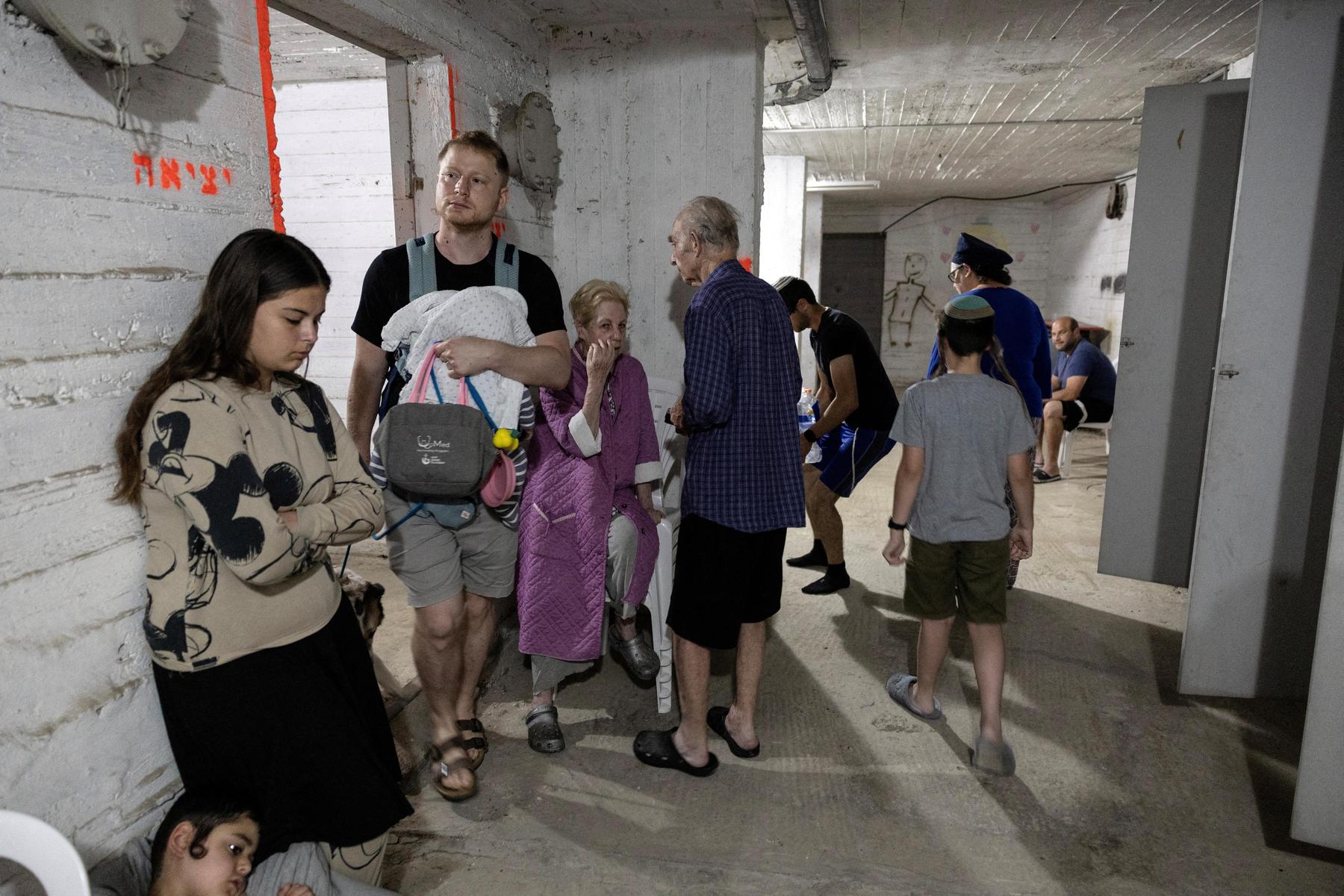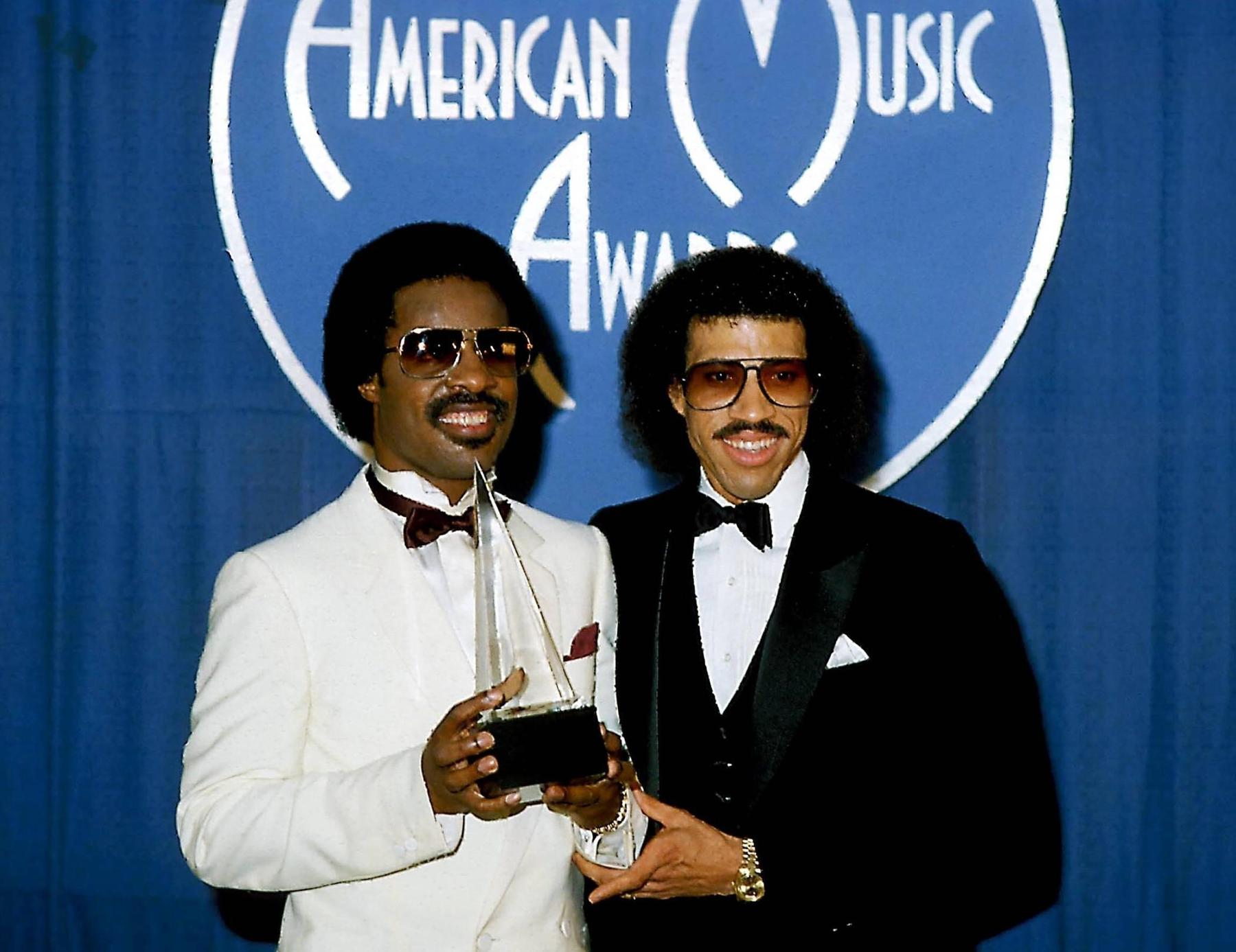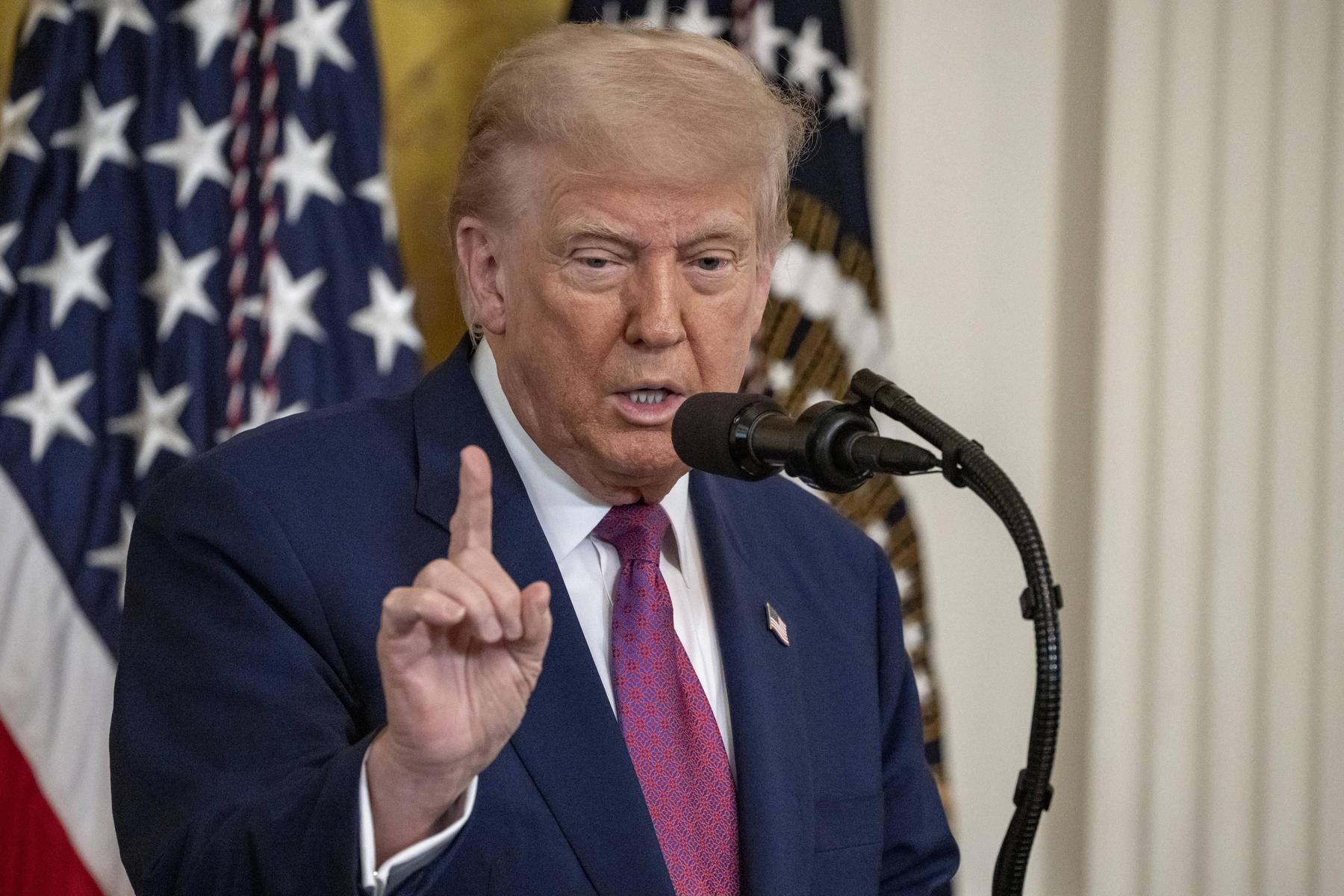In other countries in Europe, weapons laws are more restrictive – Diepresse.com

From liberal to restrictive: Different rules apply to possession of a weapon in Europe.
Are (to) lax weapons laws to blame for horror scores like that of Graz? After the unprecedented killing spree on Tuesday, this question is once more to the center of political debates. The acquisition of weapons is very different in Europe. « The press » has got an overview.
Germany. German weapons law is one of the more restrictive in Europe – and has been tightened several times in the past 20 years; Most recently after the terrorist attacks in Paris 2015 and the Messerattattary of Solingen in the previous year. In general, if you apply for a gun ownership card, you must be older than 18 years old, can prove suitability and expertise as well as a « personal need » – as is the case with hunters or members of shooting clubs. In Austria, on the other hand, no official approval is necessary for the acquisition of so-called C-weapons (rifles and shotguns). However, as the name suggests, the gun ownership card entitles you to buy and have a firearm. Outside of your own four walls, weapons such as rifles, pistols or revolvers can only carry with you who owns a gun license. According to the Federal Administrative Office in Germany, not even a million people have a weapon; A total of just over five million weapons in the neighboring country are privately owned.
France. In France there is a clear, four -stage classification system according to which legal gun ownership is divided: forbidden weapons such as fully automatic rifles and war material (category A), weapons that are subject to approval such as pistols or half automatic rifles (category B), registration -related weapons such as hunting rifles (category C) and registration -based weapons (category D). In order to obtain approval for category B weapons, contenders must provide evidence of physical and mental health and must not be a criminal record. Violations are rigidly punished and can result in high money up to several years of prison.
Switzerland. The neighboring country traditionally has one of the most liberal weapons laws in Europe. In the 8.6 million inhabitants of Switzerland, around 2.3 million weapons are privately owned. One reason is the constant defense ability. If you do military service, you can then keep your weapon at home. But access is also relatively easy for the rest of the population. The signing of a written contract in the weapon business is sufficient for hunting rifles. Pistols and semi -automatic and automatic weapons require a license associated with a safety test. A referendum in 2019 led to this tightening. Machine guns can only be purchased for Swiss with an exemption – for example for collectors.
Great Britain. Great Britain is one of the countries with the strictest arms laws. It was introduced in 1968 with the Firearms Act. The law banned the possession of rifles, machine guns and long -term pistols and revolvers. After several attacks in the 1980s and 1990s, it was tightened again. In 1987 a 27-year-old shot 16 people in Hungerford. In 1996 there was a similar incident in Dunblane as in Graz. In a school, 16 children and their teacher died in a killing spree. In 1998 the possession of all handguns was banned. Tens of thousands of short guns were drawn in or handed over voluntarily. In the UK, the police are also unarmed in most cases. There are exceptions, among other things, for hunters. A central weapon register records all owners of these weapons that can still be purchased legally.







